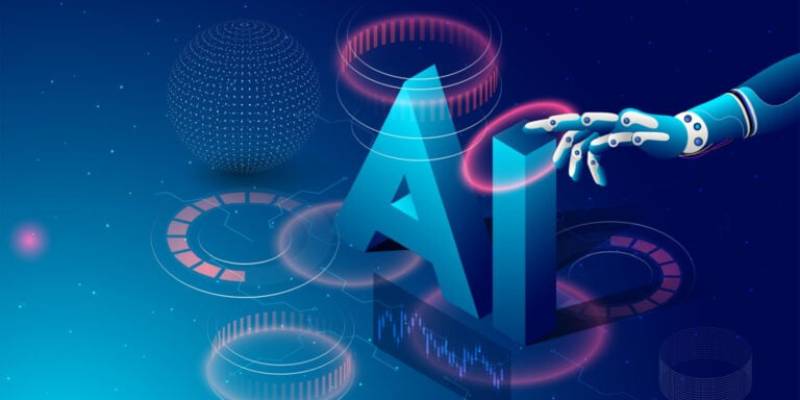The buzz around artificial intelligence is so loud right now you can practically hear it humming through the trading floors.
And yet, beneath all the hype, the financial world is starting to get that uneasy, 2008-ish feeling.
The IMF and Bank of England have both sounded the alarm, warning that the surge in AI investment might be inflating something dangerously fragile — a bubble ready to pop.
In fact, global regulators are hinting that AI exuberance could “turn abruptly” if earnings and adoption don’t catch up to the promises fueling today’s valuations, as laid out in a recent deep-dive on AI market volatility.
It’s wild to think about how fast this boom escalated. Just a few years ago, everyone was obsessed with crypto; now, it’s generative models and machine learning startups taking center stage.
Trillions are being funneled into companies that barely have revenue — some just running on a PowerPoint and a prayer. Even major lenders are getting jittery.
In another market assessment from financial policymakers, the BoE drew an uncomfortable parallel to the dot-com crash, calling today’s valuations “unanchored from fundamentals.”
When central bankers start reminiscing about 1999, you know they’re sweating behind those tailored suits.
And honestly, who could blame them? A handful of U.S. tech giants now account for a massive chunk of global equity growth, and that’s setting off alarms about concentration risk.
If one of these giants sneezes, the entire market catches a cold. Some traders whisper that this AI bubble is even riskier than crypto — because at least back then, the losses were contained to digital coins.
Now we’re talking AI-fueled overextension across real industries, from chipmakers to data infrastructure.
It’s the kind of interconnected risk that makes the word “systemic” sound a little too relevant again.
Even recent reports about AI market instability suggest that investor enthusiasm may be decoupling from real productivity gains.
Here’s the kicker, though: despite all the warnings, the money keeps pouring in. Hedge funds, VCs, even pension managers — everyone’s chasing that next “OpenAI moment.”
Yet, amid all the excitement, a quieter truth is surfacing. Economists point out that AI’s productivity benefits could take years to materialize, just as electricity did in the early 20th century.
One thoughtful piece on technological hype cycles compared this AI moment to the invention of railroads — revolutionary, yes, but also riddled with bankruptcies before it changed the world.
You can see similar caution in analyses of how central banks are preparing for AI-driven economic shifts, where policymakers are walking a tightrope between nurturing innovation and taming speculation.
Personally, I can’t help but feel torn. On one hand, it’s thrilling — this sense that we’re standing at the edge of something big, something genuinely transformative.
But on the other hand, the whole thing feels… twitchy. Maybe it’s just déjà vu from watching the crypto chaos unfold, but there’s a whiff of irrational confidence in the air.
One trader I spoke to compared it to a poker table: “Everyone knows someone’s bluffing, but nobody wants to fold first.”
That line stuck with me. Feels like the whole market’s holding its breath, waiting to see who blinks first.
So, where does that leave us? Probably somewhere between genius and madness. Maybe AI is the new oil — or maybe it’s the next tulip.
Either way, as long as the money’s flowing and the headlines keep glowing, it’s hard to tell who’s getting rich and who’s about to get burned.

